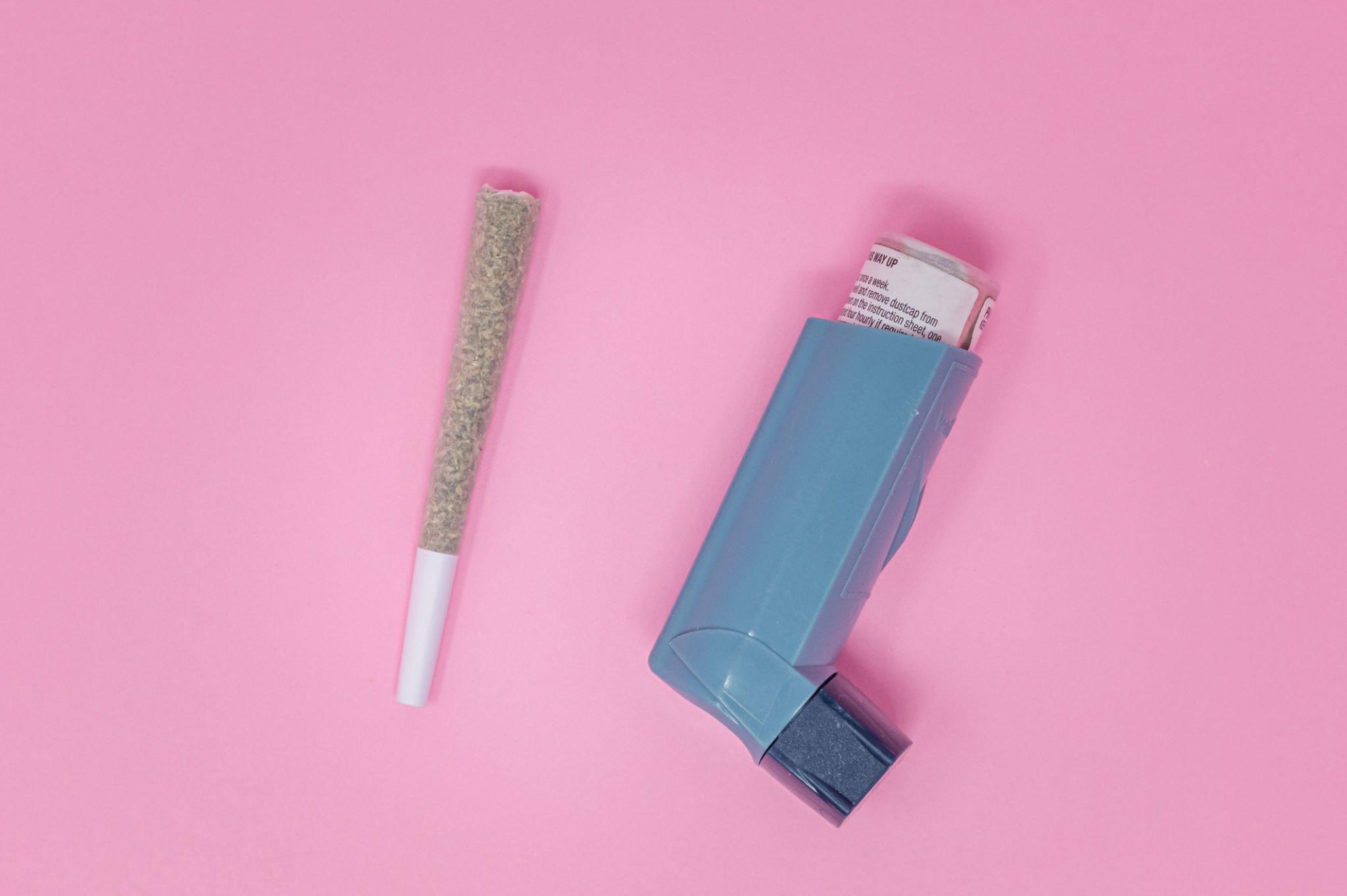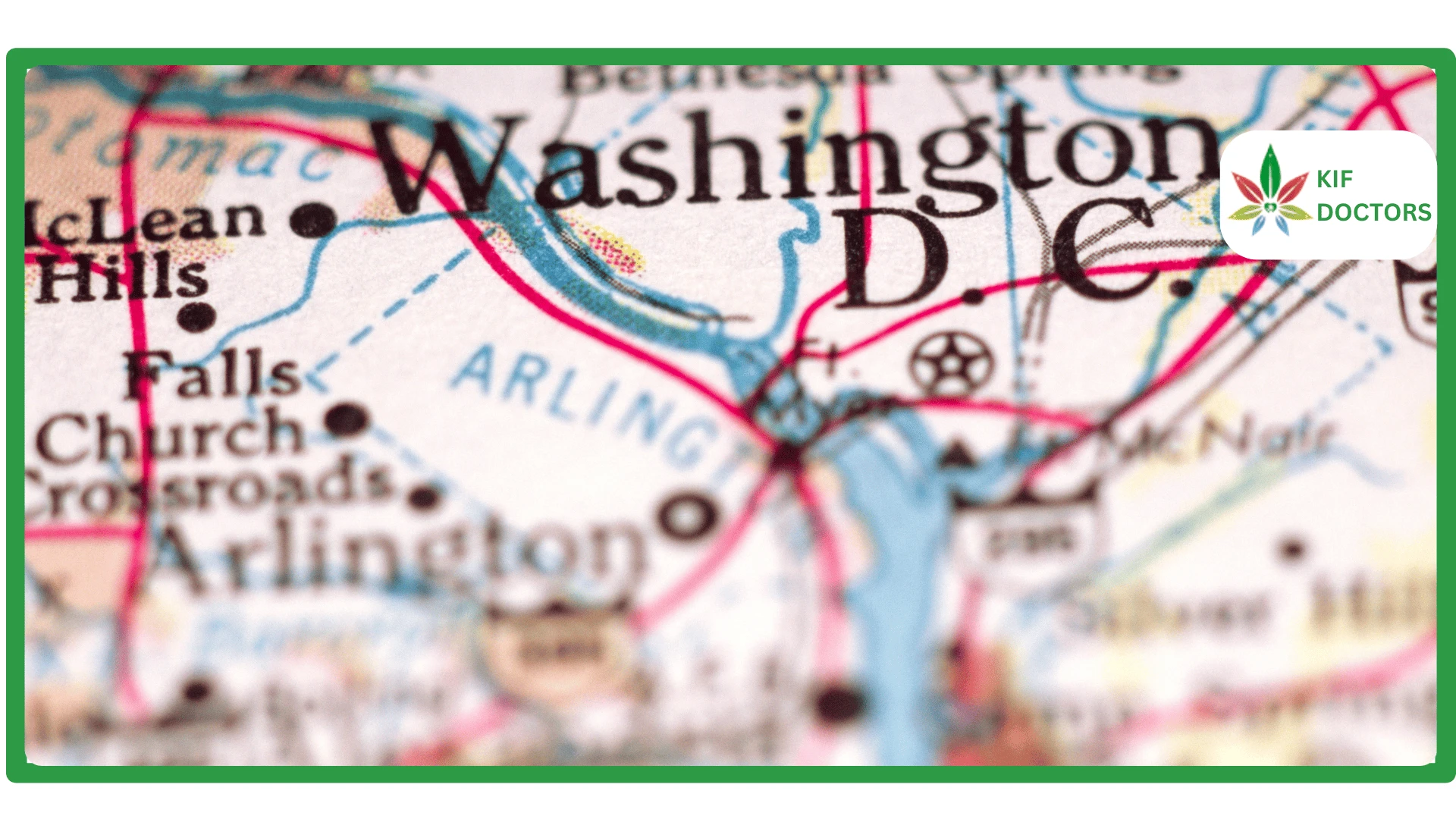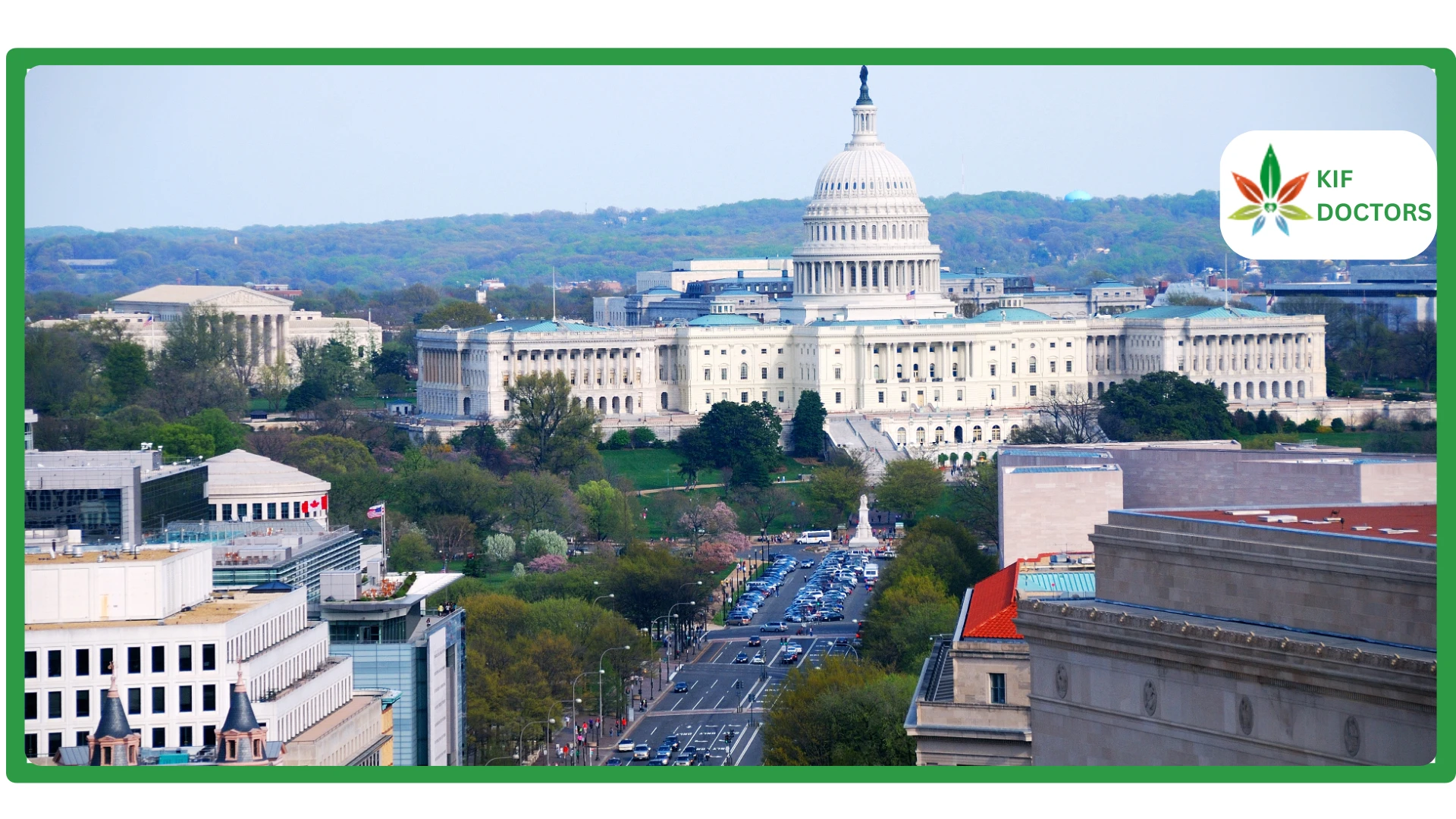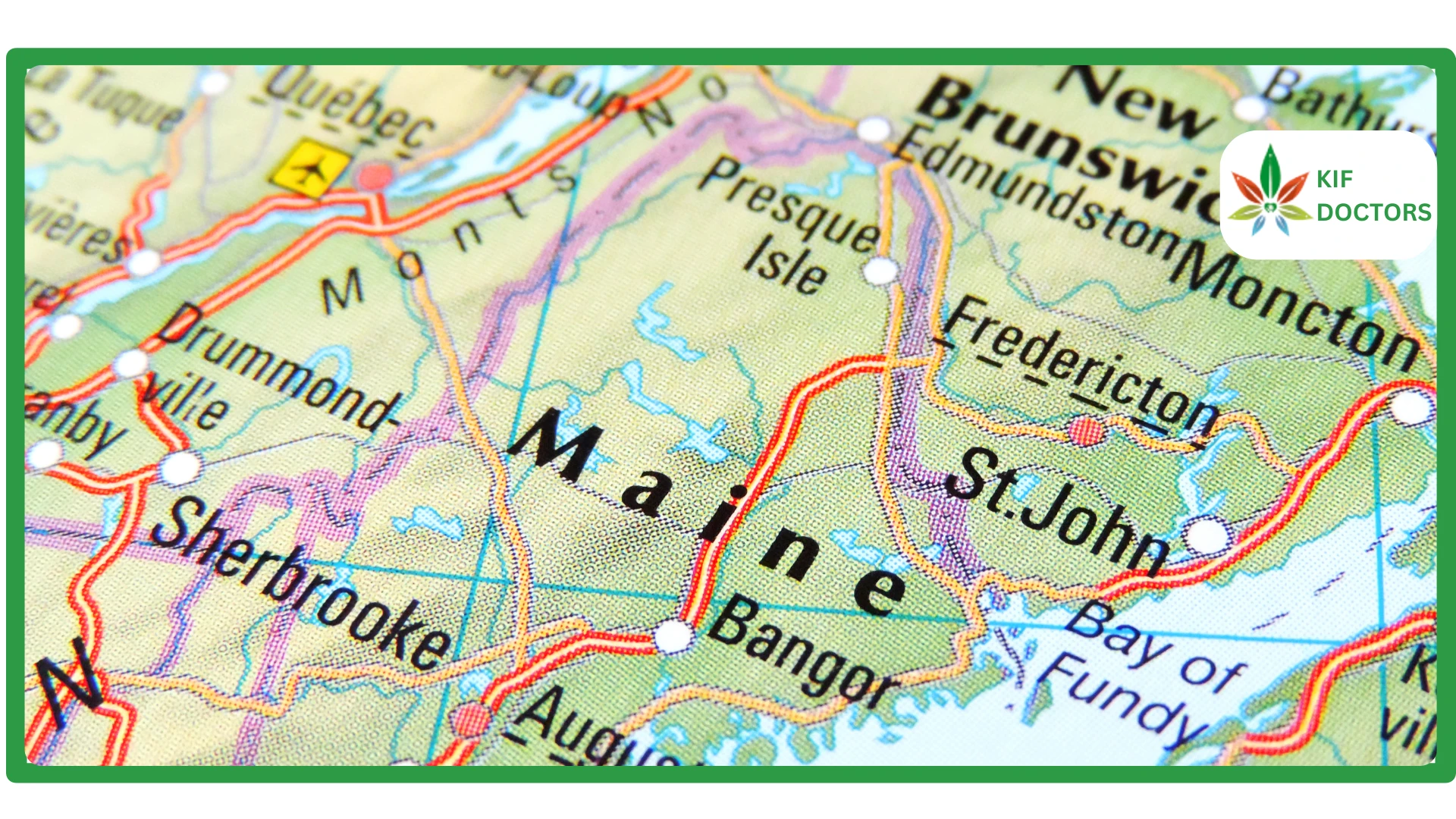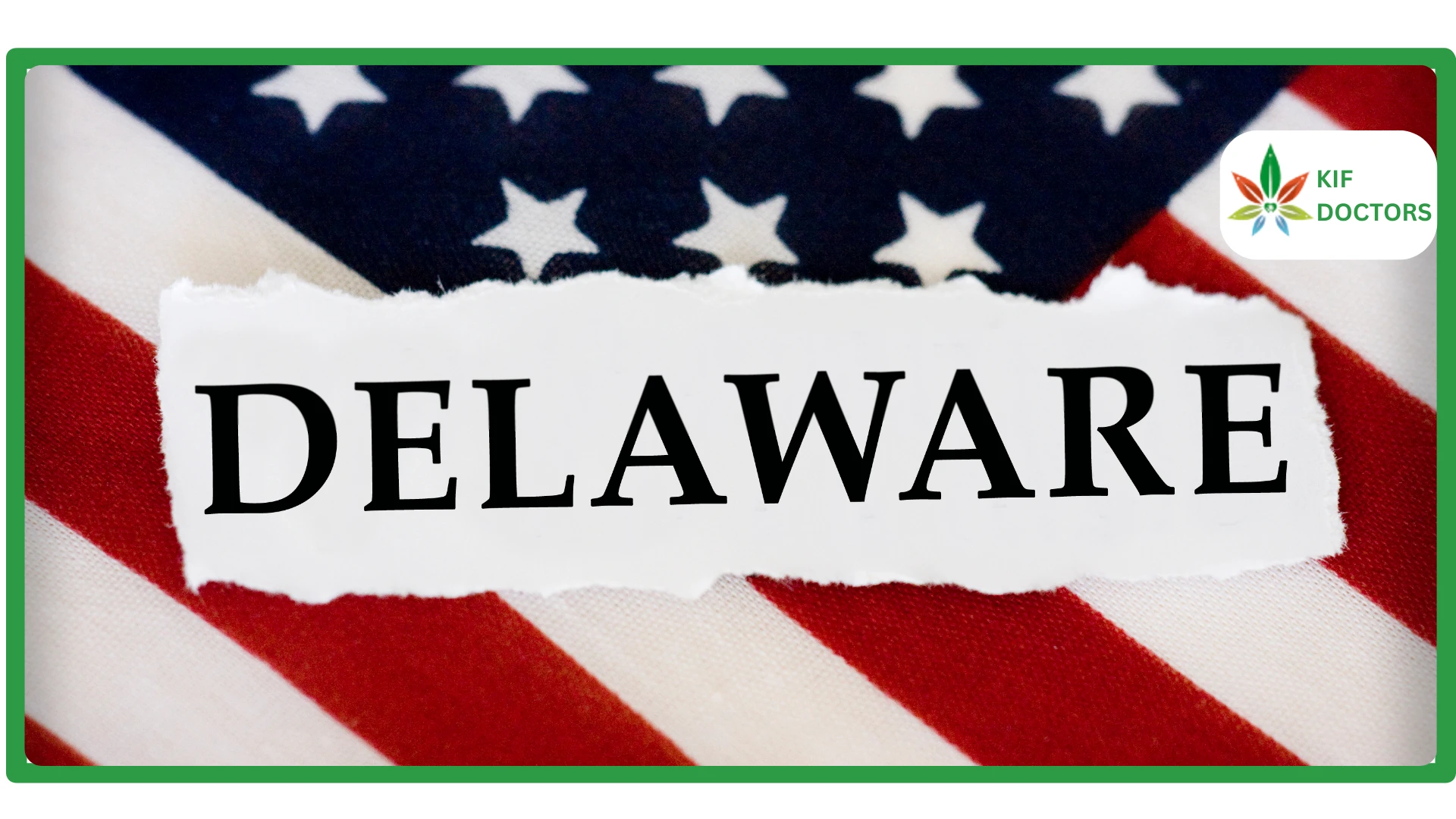Take a moment to inhale and exhale. Did you find it easy to take a deep breath? Individuals with asthma often struggle to breathe due to inflammation and swelling of their airways. According to the National Heart, Lung, and Blood Institute, approximately 1 in 13 people in the United States are diagnosed with this chronic condition. It's important to understand the relationship between medical marijuana and asthma.
Asthma symptoms can be triggered by various factors such as pollen, cold air, infections, or exercise. Depending on the severity of the individual's reaction, these symptoms can escalate into an asthma attack. While asthma cannot be cured, treatment options range from homeopathic remedies to conventional medicine are available. In the case of adults with asthma, cannabis may have potential benefits as a treatment option. In certain states, individuals may qualify for a medical marijuana card. But, there are several factors to consider before combining cannabis and asthma.
Asthma and its Symptoms
Asthma is a condition that causes the airways to become inflamed, leading to narrowing and increased mucus production. This results in difficulty breathing and the characteristic symptoms of asthma. These symptoms can vary in severity from mild to severe. Individuals with asthma may experience periodic flare-ups known as asthma attacks.
Conventional Treatment of Asthma in Adults
Asthma is a prevalent condition that can be managed through different approaches. Whether you experience severe asthma or struggle to avoid triggers that may lead to asthma attacks, there are various prescription-based treatments available. These treatments can help you to live a normal life.
Asthma medications consist of two groups: bronchodilators, and anti-inflammatories. Both types of medications work by relaxing the muscles surrounding the airways.
Inhalers
Inhalers are prevalent and identifiable. Individuals who have asthma often use these compact devices. They use inhalers to administer prescription medication in various forms, such as metered doses, dry powder, or a gentle mist. It is advisable to have a doctor present when using an inhaler for the first time. As statistics show that 70 to 90% of people make errors during their initial attempts.
Nebulizers
You have the option to perform this effective and secure asthma treatment in the comfort of your own home. Nebulizers, often referred to as "breathing machines," administer liquid medicine in the form of a mist that is inhaled through a mask. It is important to have a doctor's prescription for the asthma medication. In some cases, your insurance may cover the expense of the nebulizer machine. While nebulizer machines can be purchased online, it is advisable to get both the medication and the device from your doctor to ensure proper regulation.
Injections
Injectables or biologics are administered at intervals of a few weeks to manage asthma symptoms. This treatment is reserved for individuals with severe asthma. These medications work by targeting eosinophils and IgE in the bloodstream, reducing inflammation.
Prescription Medicine
In addition to steroids, there are two primary drugs utilized for asthma treatment. Leukotriene receptor antagonists (LTRAs) function by obstructing the leukotriene chemicals responsible for airway inflammation triggered by allergic reactions. Theophylline acts as a bronchodilator, aiding in the relaxation of the lungs and throat. It is prescribed for individuals with concurrent health conditions.
How Does Medical Marijuana Help Asthma?
Anti-inflammatory Effects: One of the primary benefits of medical marijuana in asthma management is its anti-inflammatory properties. The cannabinoids present in marijuana, particularly THC and CBD have demonstrated anti-inflammatory effects.
By alleviating inflammation, medical marijuana may help improve breathing and cut asthma symptoms.
Bronchodilation: Another potential benefit of medical marijuana for asthma is its bronchodilatory effects. THC, in particular, has been found to act as a bronchodilator, relaxing the smooth muscles in the airways and increasing airflow. This can provide relief to individuals with asthma by opening up constricted air passages.
Anti-anxiety Properties: Asthma symptoms can be exacerbated by stress and anxiety. Medical marijuana has been shown to have anxiolytic properties. These properties help in reducing anxiety and promote relaxation. By managing stress levels, medical marijuana may help prevent asthma attacks triggered by psychological factors.
Considerations and Precautions
While medical marijuana shows promise for asthma management, several considerations should be kept in mind:
Consultation with a Healthcare Provider
Before considering medical marijuana as a treatment option, it is crucial to consult with a knowledgeable healthcare provider. Discuss potential benefits and risks with your healthcare provider. He will guide you through the legal requirements for obtaining a medical marijuana card.
Appropriate Strain Selection
Not all marijuana strains are the same. Some strains may have higher THC content, which can cause psychoactive effects. Strains with balanced CBD and THC levels or higher CBD content may be more suitable for asthma patients.
Also Read: How Much Does A Medical Marijuana Card Cost?
Conclusion
While asthma relies on conventional treatments, medical marijuana is emerging as a potential therapy for managing symptoms. With its anti-inflammatory, bronchodilatory, and anti-anxiety properties, medical marijuana may provide relief for individuals living with asthma.
 Since 2021, Kif offers a streamlined platform to get a medical marijuana card online. We have served more than 45K patients across the United States. Sign Up Now to get the right to use medical cannabis for your health condition without any delay.
Since 2021, Kif offers a streamlined platform to get a medical marijuana card online. We have served more than 45K patients across the United States. Sign Up Now to get the right to use medical cannabis for your health condition without any delay.















